African walnut seedling
₦2,000.00
26 people are viewing this product right now
🔥 12 items sold in last 3 hours
African walnut seedlings develop into trees with deciduous leaves that can reach heights of 50 to 75 feet. Due to the lack of awareness of the African walnut’s health benefits, it is rarely consumed. Tetracarpidium conophorum, commonly known as African Walnut, Conophor Nut, Ukpa, Asala, Kaso, and Ngak, is a tree native to the humid tropical woodlands of West and Central Africa. They thrive most frequently on soils with a pH range of 6.5 to 8.0.
Both seeds and cuttings can be used to grow African walnut trees. Here, we have young African walnut seedlings that have made it through the initial stage of germination.
Order your seedlings from us today, and we’ll transport them anywhere in the country.
Buy more save more!
Buy from 5 to ∞ items and get 5% OFF
on each productAfrican Walnut (Tetracarpidium Conophorum), popularly known as Asala is consumed for its nuts are white in color and coated in a hard black shell. It originated in the tropical West African nations of Sierra Leone, Angola, and Nigeria. It has seeds rich in fat and Omega-3 fatty acid and is natured into African Walnut seedlings in well-drained soil of pH 6.5- 8. The bark and leaves are used to make medicine to ease dysentery. African Walnut tree grows with a high canopy which can serve as a windbreak and also serve as cover for young plants. The African Walnut is a Woody perennial climber and has a high canopy.
African Walnut Seedlings Plant Importance
Here are some of the many health advantages of African walnuts:
African walnuts are high in calories and aid in losing extra body weight, hence they aid in weight loss.
Omega-3 fatty acids, which are abundant in them, control hormone levels and relieve cramps.
Pyridoxine, a form of vitamin B6, improves cognitive function.
The body is assisted in reducing free radicals that might lead to cancer and other disorders by vitamins B7 (biotin) and E. Also beneficial for brain development is vitamin B7.
Quinone, Morin, and Flavonol are chemicals found in African walnuts that reduce the risk of heart disease.
Walnut polyphenol ellagitannins shield the body from colorectal cancer.
Omega-3 fatty acids in African walnuts are advantageous for expectant mothers because they enhance the baby’s cognitive growth.
It benefits adult males as well because it promotes fertility and sperm production.
Frequently Asked Questions (FAQs) About African Walnut Seedlings
What is an African Walnut?
The African Walnut (Tetracarpidium Conophorum), also known as Asala, is a tree native to West Africa. It’s valued for its edible white nuts encased in a hard black shell.
What are the benefits of African Walnut Seedlings?
- Provides Nuts: African Walnut trees produce nutritious white nuts rich in Omega-3 fatty acids.
- Improves Soil Health: The tree’s high canopy can act as a windbreak and provide cover for young plants, fostering a healthy environment.
- Medicinal Uses: Traditional medicine uses the bark and leaves to treat dysentery.
How do I grow African Walnut Seedlings?
African Walnuts thrive in well-drained soil with a pH of 6.5-8. You can grow them from seeds or cuttings.
What are the health benefits of African Walnuts?
(Refer to a healthcare professional for specific advice)
- Weight Management: African walnuts may aid in weight loss (consult a doctor for personalized guidance).
- Improved Heart Health: Certain compounds in African walnuts might help reduce the risk of heart disease.
- Cognitive Function: Vitamin B6 content may contribute to enhanced cognitive function.
- Potential Cancer Prevention: Antioxidants in African walnuts may play a role in preventing cancer (consult a healthcare professional).
- Prenatal Benefits: Omega-3 fatty acids might support fetal brain development (consult a doctor during pregnancy).
- Men’s Health: African walnuts might promote male fertility (consult a doctor).
Only logged in customers who have purchased this product may leave a review.
Related products
₦1,500.00

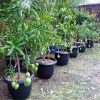
₦4,200.00

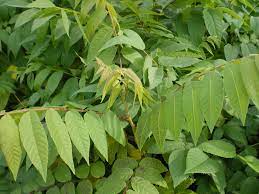
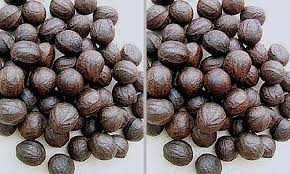
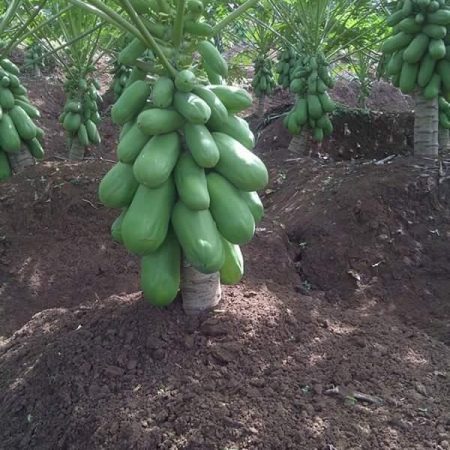
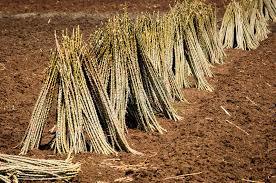

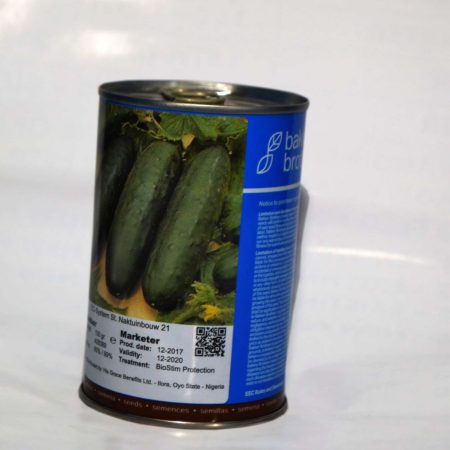

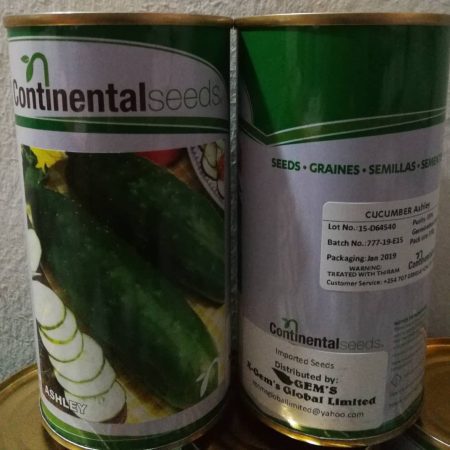

Reviews
There are no reviews yet.